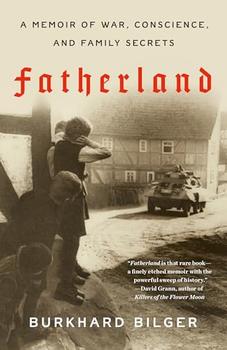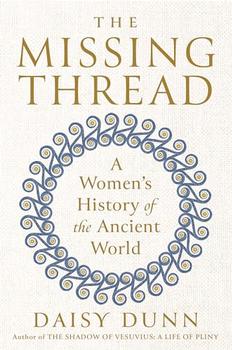Book Club Discussion Questions
In a book club? Subscribe to our Book Club Newsletter!
Please be aware that this discussion guide will contain spoilers!
- When you started this book, what did you think of the idea of Burkard Bilger researching his Nazi grandfather, Karl Gönner? What did you imagine he might find? How did the reality conform to or oppose your expectations?
- The author's mother tells him, "Each of us carries the seeds of murder and mercy within us. What takes root depends as much on circumstance as character." Explain what she means by this. How have you seen both of these seeds grow in your own family members—or even yourself?
- "When I think back on the Oklahoma of my childhood, my memories are full of blind spots," Bilger writes. What blind spots can you see now in memories of your own childhood?
- One way Bilger starts to dig into his family's history is simply by looking at his siblings' and ancestors' names, like noting that Burkhard means "Powerful Fortress" and that his "brothers and sisters' names were of the neutral, post-war type, with their plain-sawn Scandinavian sounds." Consider your name and those of your relatives. What can the names tell you about the time in which each person lived, or the personalities of their parents?
- "Collective memory isn't much good at forgiveness," Bilger writes. Discuss this quotation. What are the dangers of viewing history in terms of heroes and villains?
- How does the history of Alsace affect Karl's life and decisions? Do you think this story could have played out in the same way in a different place?
- Bilger has to begin his research at the right time: Earlier in his mother's life, she wasn't ready to consider the deeply uncomfortable moral questions about Karl's life. What made this the right time? If there's a relative you are considering researching, how do you think you'll know when the time is right to ask tough questions?
- Does learning Karl's story change your understanding of German citizens who adopted / succumbed to Nazism?
- After reading Fatherland, do you consider Karl Gönner a good person? Is this the question we should be asking? Explain your reasoning.
- Many modern Germans have tried to reckon with their country's dark history, even if they, or their ancestors, didn't directly perpetrate the crimes of the Holocaust. Is there anything Americans can learn from Germany's attitude toward the past given some of the brutal moments in our own history, from enslavement and genocide to Jim Crow laws and Japanese internment camps?
Unless otherwise stated, this discussion guide is reprinted with the permission of Random House Trade Paperbacks.
Any page references refer to a USA edition of the book, usually the trade paperback version, and may vary in other editions.






